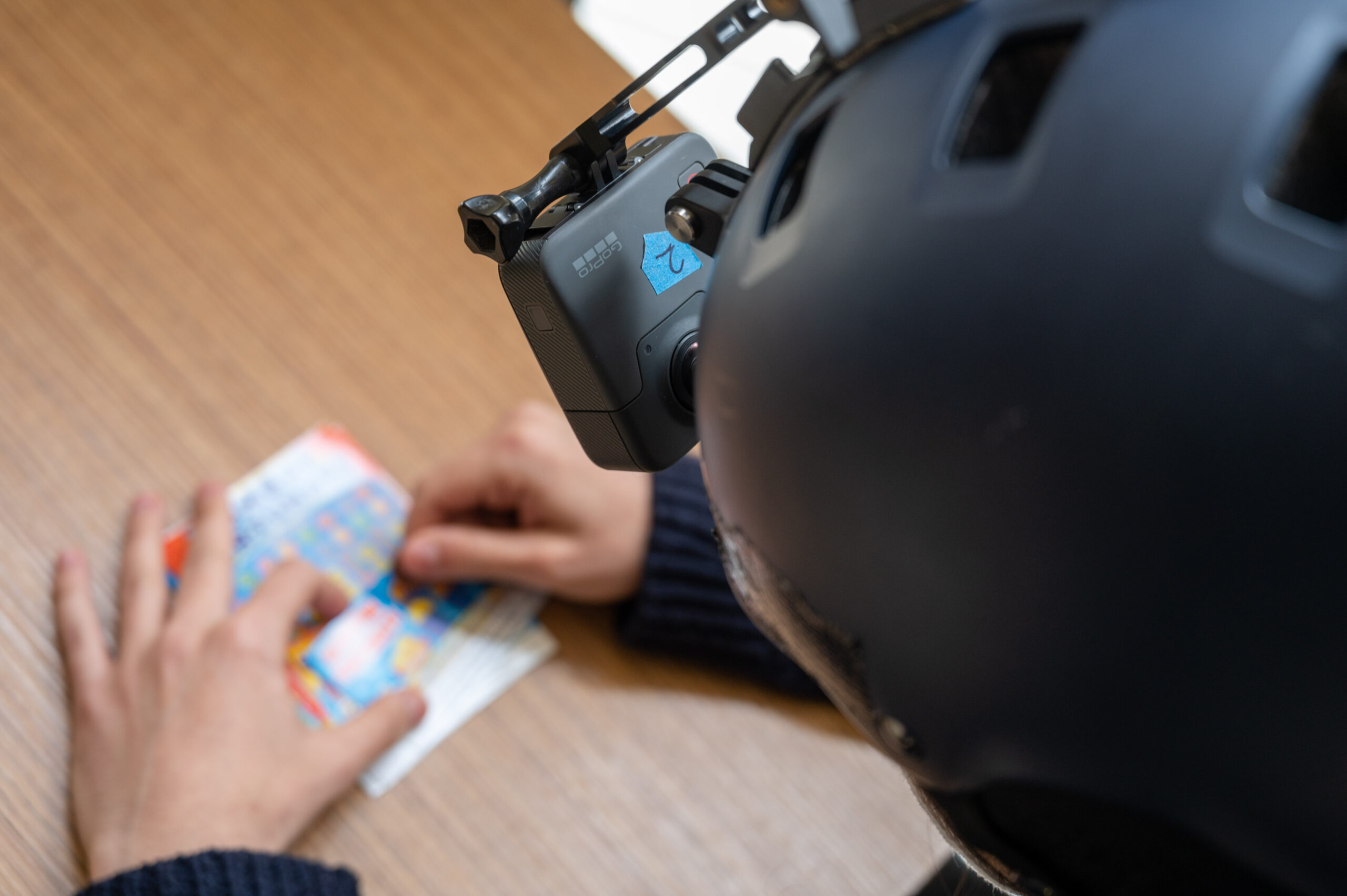Cambio Gioco
START OF THE TRIAL COORDINATED BY THE ADDICTION DEPARTMENT OF THE ULSS 6 EUGANEA
The Cambio Gioco project aims to reduce the consequences of pathological gambling on the population with the requirement to create synergies between health professionals and stakeholders and integrate the traditional approach with that supported by the use of advanced technologies such as VR and AI.
Consisting of a VR visor, a wearable sensor, and a smartphone, the technology platform creates a virtual setting that resembles reality but without the real-life negative consequences: a betting shop, a bar selling scratch cards, and a video lottery room with slot machines. Virtual reality makes it possible to recreate the complexity of the gambling environment and its stimuli, which can be ‘controlled’ by the person running the studio to the point of stimulating craving, the compulsive desire to gamble.
While the person is engaged in the virtual reality experience, certain data are automatically collected. A first element collected concerns the position of the gaze based on vertical and horizontal coordinates, so as to generate a ‘heat map’, or visual feedback, which is able to indicate on which objects the gaze has lingered most. This output is then correlated with physiological parameters (digital biomarkers) such as heart rate, simultaneously detected by a wearable sensor placed on the forearm, to assess how they vary according to the image viewed by the user. Thanks to the virtual experience, visual feedback is scanned second by second in order to focus on the area of greatest emotional impact of the simulated scene in the game setting. It is thanks to this output document that an algorithm can be trained to identify individuals ‘susceptible’ to pathological gambling on the basis of the activation of physiological markers, such as heart rate.

